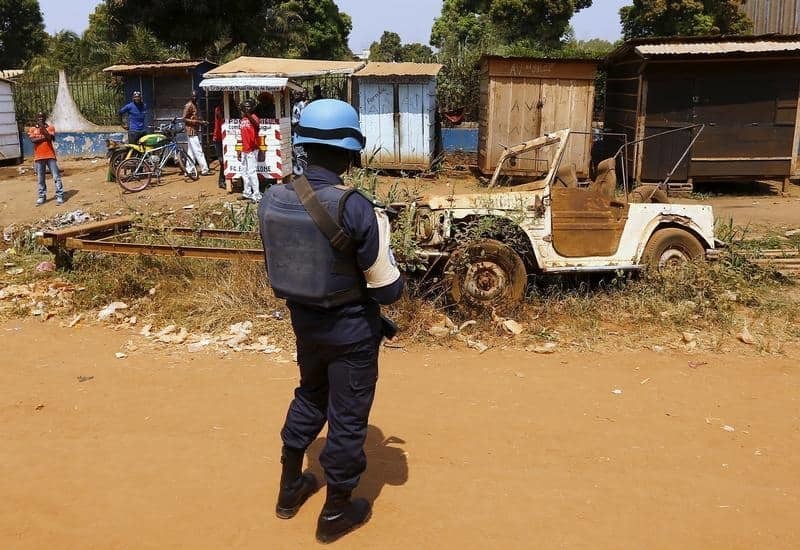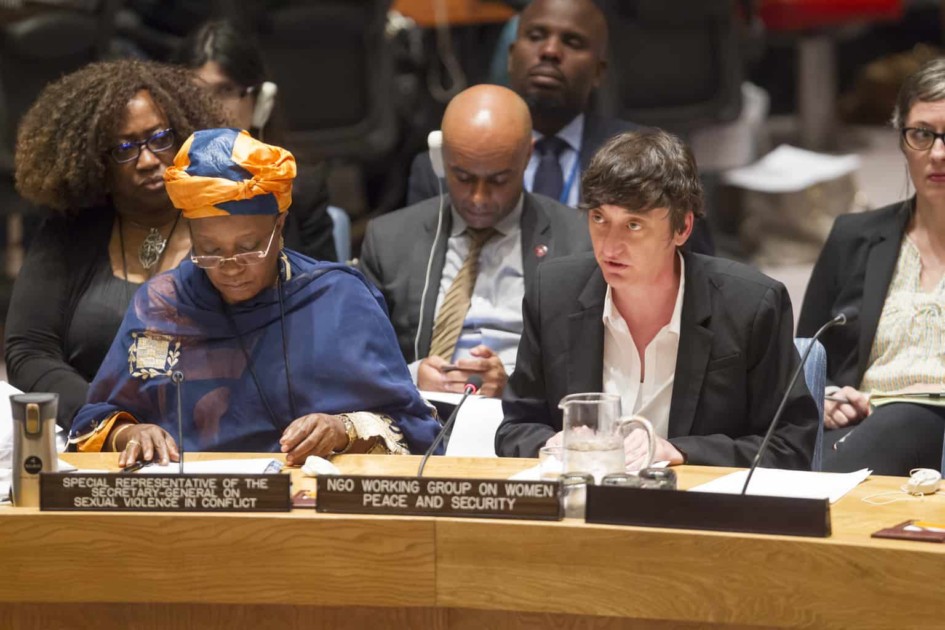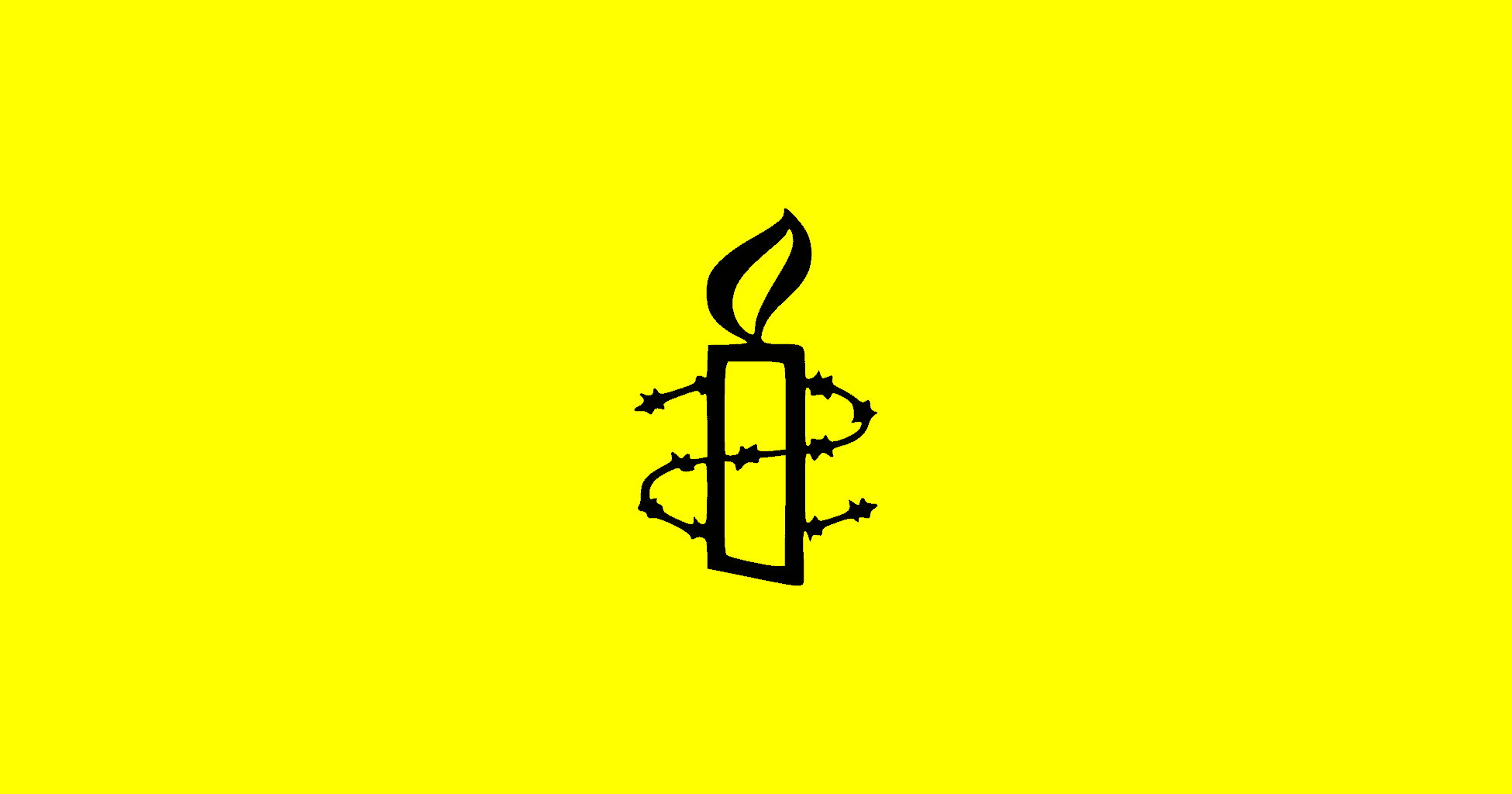Sexual & Gender-Based Violence
Sexual & Gender-Based Violence
Current and Past Recommendations to the UN Security Council (Monthly Action Points)
Conflict-related sexual violence (April 2021)
Gender-based violence (GBV) is a direct result of, and contributes to, systematic discrimination and inequality and cannot be addressed without prioritizing women’s participation both in identifying trends, as well as envisioning solutions at all levels. In any outcomes adopted by the Council, and in any statements delivered by Member States, the following recommendations should be reflected:
- Prevention and response to GBV must be holistic, survivor-centered and human rights-based, designed in partnership with affected populations, in particular by ensuring the right of survivors, in all their diversity, to health care and comprehensive support that is of acceptable quality, accessible and delivered without discrimination, including sexual and reproductive healthcare, psychosocial support, legal services, access to justice, as well as support for livelihoods.
- Justice and accountability efforts, including reparations processes, must be human rights-based, survivor-centered, victim-informed, inclusive, non-discriminatory and designed, implemented and monitored in partnership with survivors and victims in order to avoid replicating harm, minimize risk, promote recovery and address the drivers of GBV. Effective prosecution of gender-based violence can best take place through strengthening national legal frameworks and judicial processes; GBV should not be addressed through separate court systems or processes, such as military courts or counter-terrorism systems.
- Lack of accountability for sexual and reproductive rights (SRHR) violations, in particular, is a key feature of global conflict settings. Affected people do not have adequate access to meaningful and effective accountability mechanisms to protect and promote their SRHR rights; and mechanisms that do exist often do not make meaningful links with community-led collection of complaints or monitoring of actions and remedies. Human rights-based approaches are essential to access to quality SRH services for survivors of GBV.
- Local civil society groups, including women’s rights organizations, play a critical role in GBV prevention and response, including in humanitarian settings, often filling gaps in state-provided services, and should be allowed to operate freely and fully supported via technical and financial means, as well as with access to humanitarian coordination structures and affected populations.
- Women peacebuilders, civil society leaders, politicians and human rights defenders (WHRDs) play critical roles in advancing peace and security and are often at particular risk of or targeted for violence for who they are and the work they do. Women peacebuilders and WHRDs must be allowed to carry out their work in an enabling environment, including by protecting the full scope of their rights, ensuring accountability for perpetrators and providing urgent support, including rapidly disbursable protection funds, to women who face threats or reprisals.
Relevant Resources
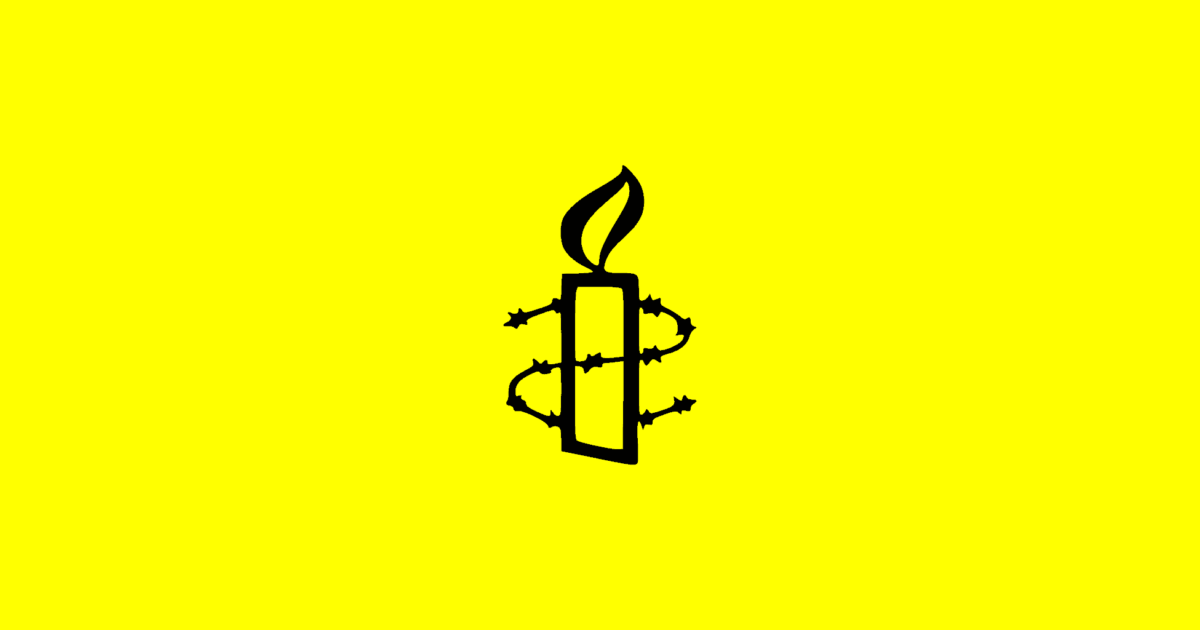
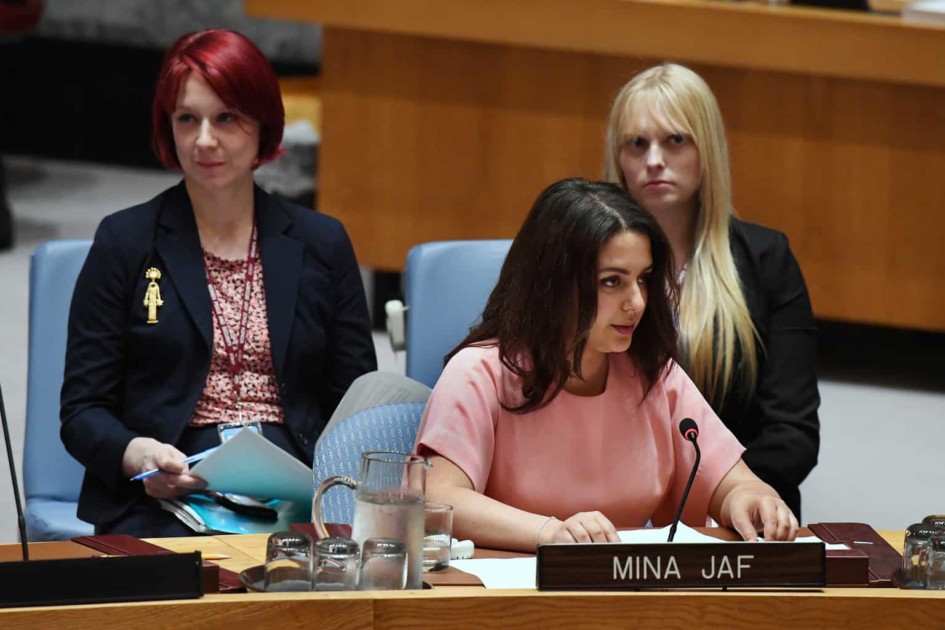
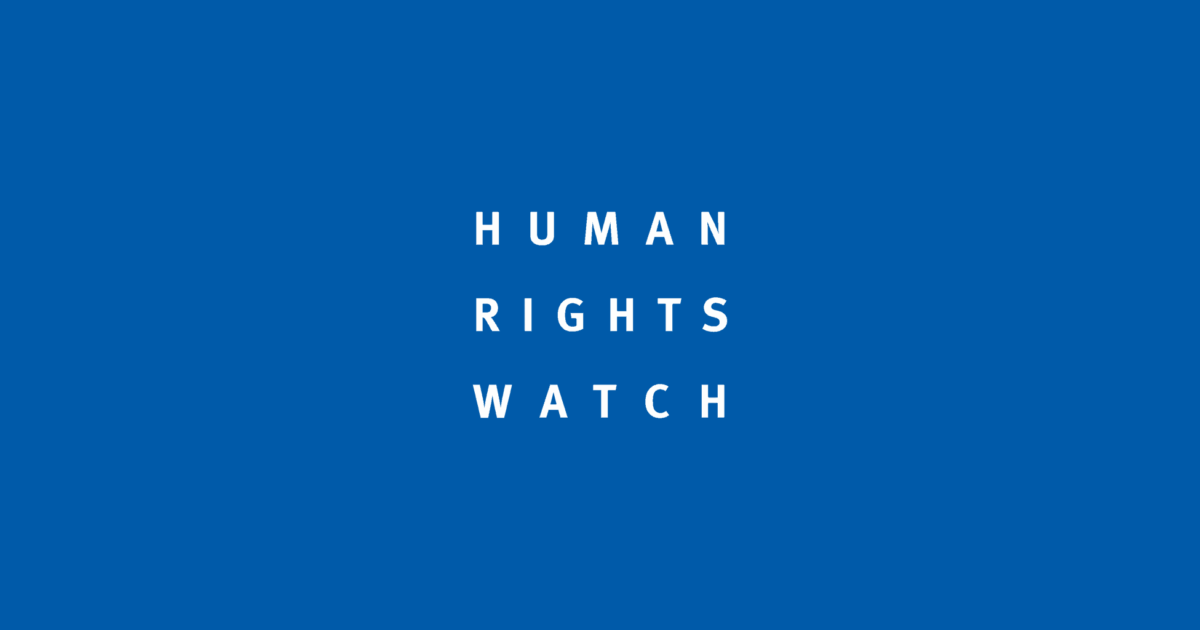
September 12, 2016
